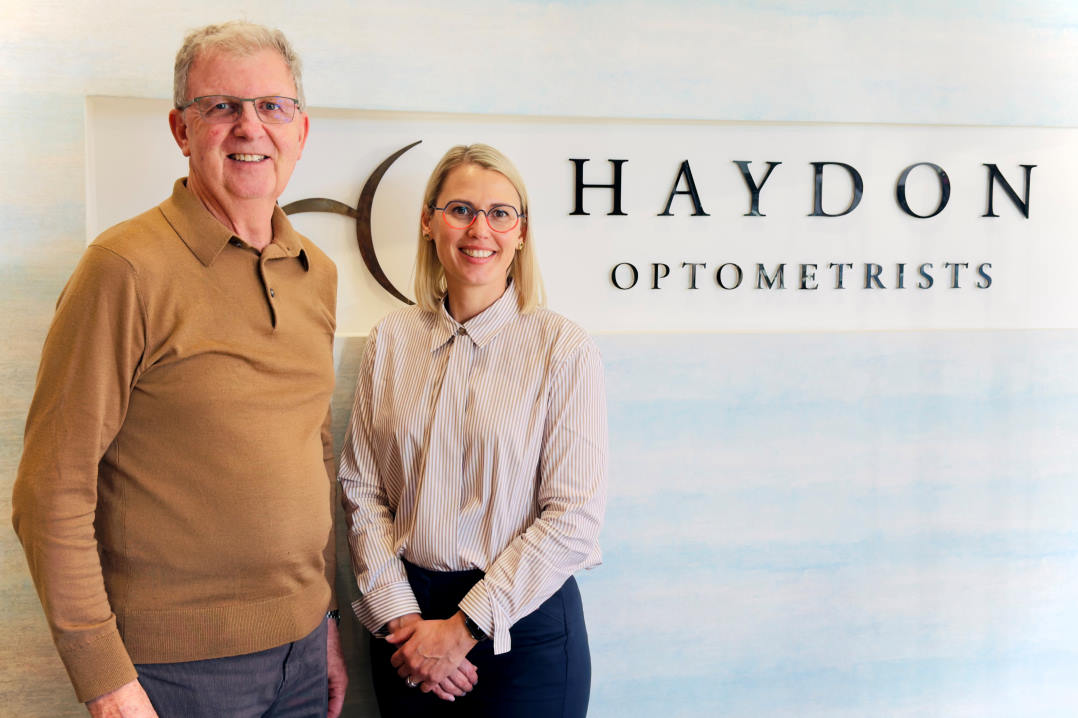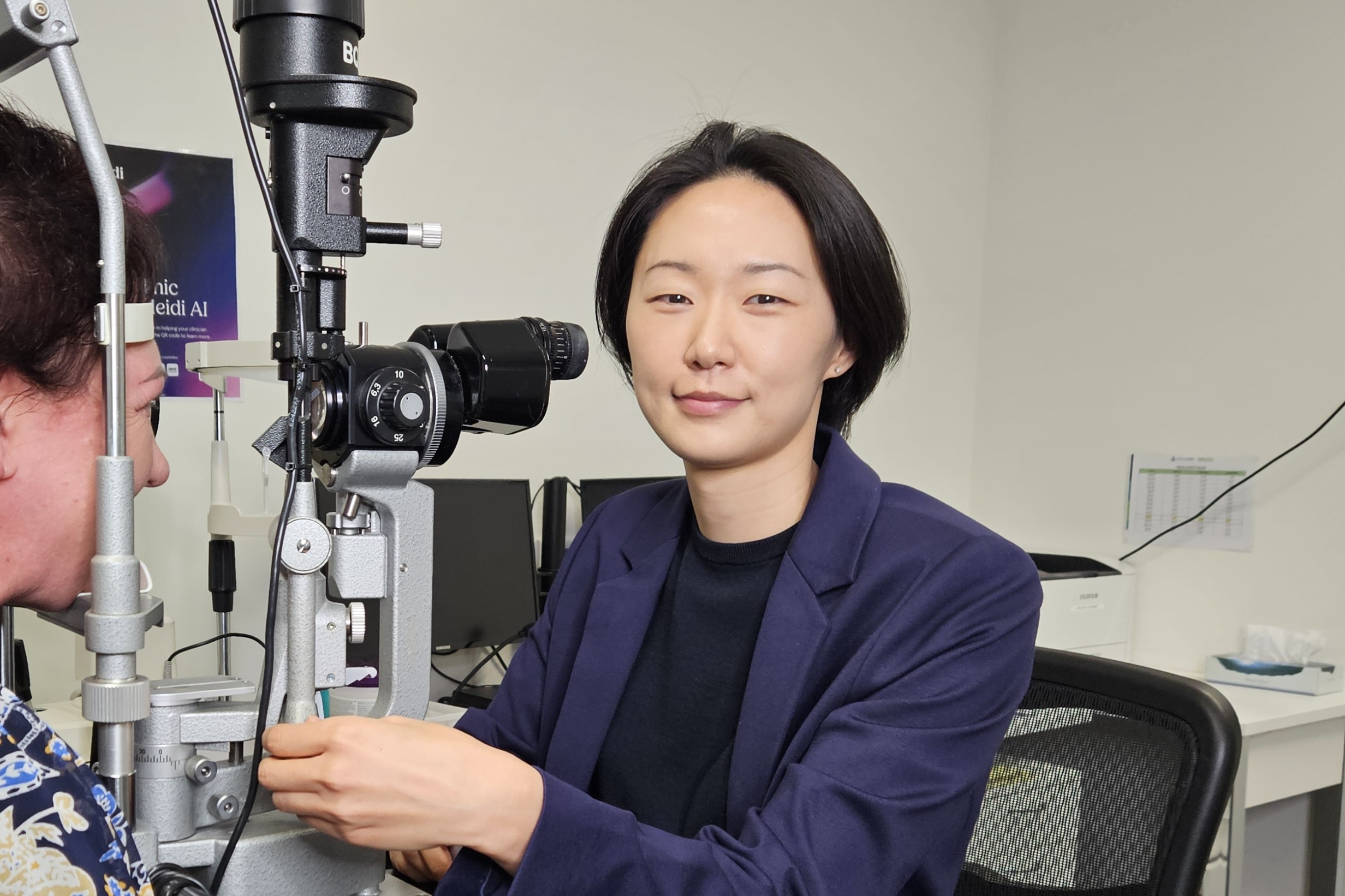Anti-VEGF drops a step closer
Anti-VEGF eye drops could soon replace injections, revolutionising treatment for age-related macular degeneration (AMD), with human trials on the cards for the second half of this year. Scientists at the University of Birmingham, led by biochemist Dr Felicity de Cogan, have invented a method of delivering these otherwise-injected drug as eye drops and have demonstrated they can deliver a therapeutically-effective amount of medication to the retina of the eyes of rabbits and pigs. The scientists’ previous study proved effectiveness in rats, but the larger mammalian eyes used in the most recent study are more similar to human eyes.
The technology behind the eye drops is a cell-penetrating peptide that can deliver the drug to the retina. The scientists’ pending patents for the eye drops are now owned by US-based company, Macregen, and a team of Birmingham researchers is working with the company to develop a novel range of therapies for AMD and other eye diseases.
Dr de Cogan said: “For several years, our team has focused on the challenge of delivering drugs to the back of the eye.“From the outset, we realised that delivering drugs through eye drops would mean that patients can administer their treatment themselves, and this would be less costly, save time for patients and healthcare providers, and reduce the potential complications that can arise from injections.
“Now we have shown that the eye drops work in the larger mammalian eye, and we welcome the commercial investment and expertise from Macregen so we can deliver a structured research and development programme that should bring concrete benefits to people with AMD and eye diseases.”
Consultant ophthalmologist Professor Robert Scott commented: “Cell-penetrating peptides will drive the next generation of treatment for people with AMD. They will be transformative for patients who currently have to organise their lives around monthly clinic visits for uncomfortable intraocular injections, who will in the future have the convenience of self-administering their medical treatment.”
Founder of Macregen, Keith Roizman, said: “Macregen and the company’s prospective strategic partners and licensees are expected to make significant investments in laboratory proof-of-concept studies, the subsequent research and development programmes and clinical trials. We will also pursue the necessary and required regulatory programmes to make these eye drops available to patients.”
























